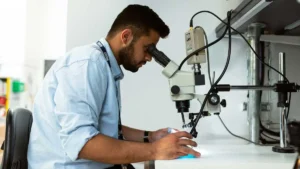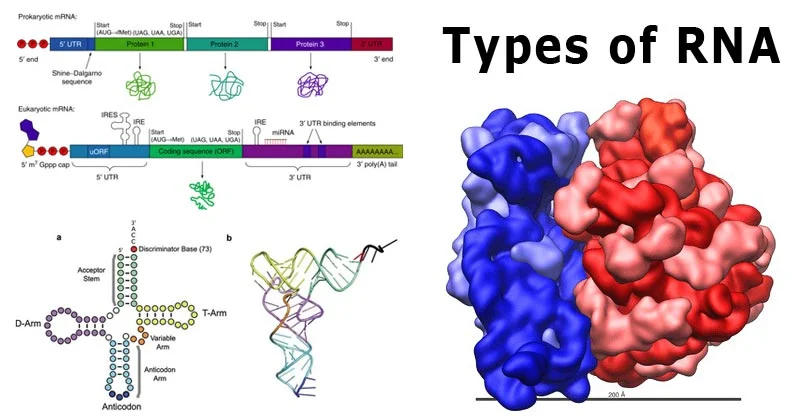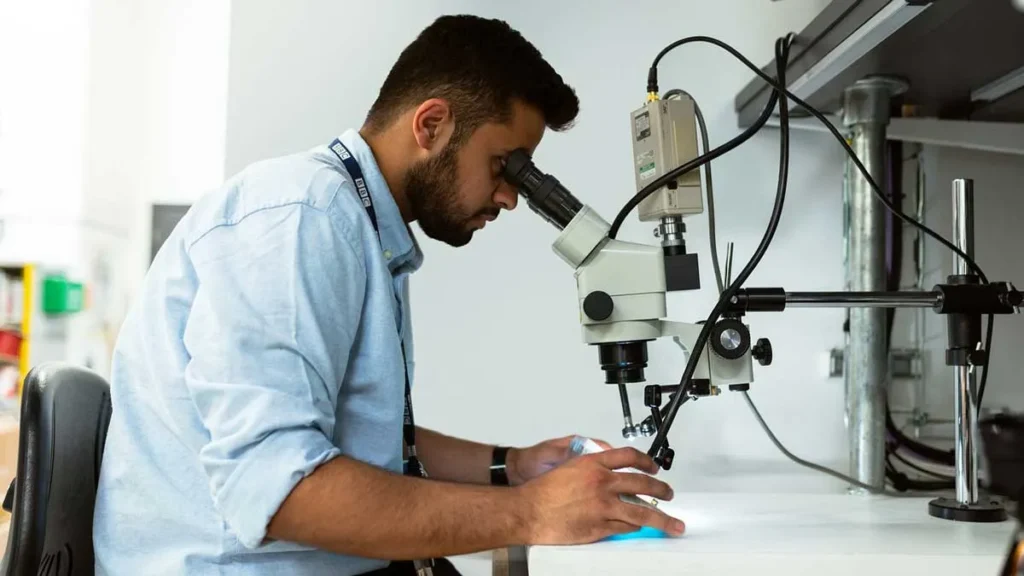Challenges and Future Perspectives in Antibiotics
The world of antibiotics, despite its revolutionary impact, faces several challenges that demand innovative solutions for the future. As we explore the realm of antibiotic discovery and mechanisms, it is essential to address the obstacles that threaten their effectiveness and explore potential avenues for progress.

Challenges in Antibiotics:
- Antibiotic Resistance:
- Bacterial resistance poses a significant threat as microbes evolve mechanisms to withstand the effects of antibiotics.
- Overuse and misuse of antibiotics in both human and animal health contribute to the acceleration of resistance.
- Limited Spectrum of Activity:
- Some antibiotics are effective against a narrow range of bacteria, limiting their applicability to a broad spectrum of infections.
- Developing antibiotics with broader activity is crucial for tackling a diverse array of bacterial pathogens.
- Side Effects:
- Antibiotics can sometimes cause adverse effects in patients, ranging from mild gastrointestinal discomfort to severe allergic reactions.
- Minimizing side effects while maintaining efficacy is a key challenge in antibiotic development.
- Persistence of Biofilms:
- Bacteria often form biofilms, protective layers that shield them from antibiotics and immune responses.
- Breaking through biofilms to effectively target bacteria remains a formidable challenge.
Future Perspectives of Antibiotics:
- Development of New Antibiotics:
- Ongoing research aims to discover and develop novel classes of antibiotics with unique mechanisms of action.
- Exploring untapped sources, such as extremophiles and unexplored microbial environments, offers potential for new antibiotic discovery.
- Combination Therapies:
- Utilizing combinations of existing antibiotics can enhance efficacy and mitigate the risk of resistance.
- Synergistic combinations that target different bacterial vulnerabilities may provide a more robust approach.
- Precision Medicine Approaches:
- Advancements in genomics and personalized medicine may enable the development of antibiotics tailored to an individual’s genetic makeup.
- Precision medicine could optimize treatment regimens, reducing the risk of side effects and improving therapeutic outcomes.
- Bacteriophage Therapy:
- Bacteriophages, viruses that infect bacteria, present an alternative therapeutic avenue.
- Research into bacteriophage therapy explores its potential in targeting specific bacterial strains while minimizing collateral damage.
- Antibiotic Stewardship:
- Implementing responsible antibiotic use through stewardship programs is critical to slowing the emergence of resistance.
- Educating healthcare professionals and the public on the importance of proper antibiotic use is essential for preserving their efficacy.
In conclusion, while antibiotics have undoubtedly revolutionized medicine, addressing the challenges they face is crucial for ensuring their continued effectiveness. Through ongoing research, innovative strategies, and a global commitment to antibiotic stewardship, we can navigate the evolving landscape of infectious diseases and secure a healthier future for generations to come.








